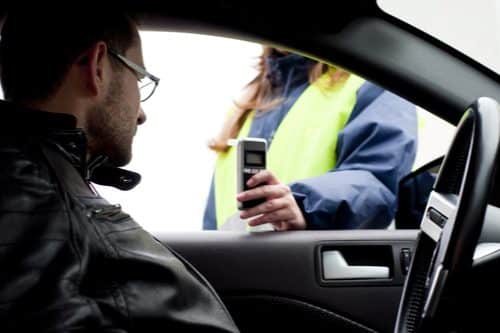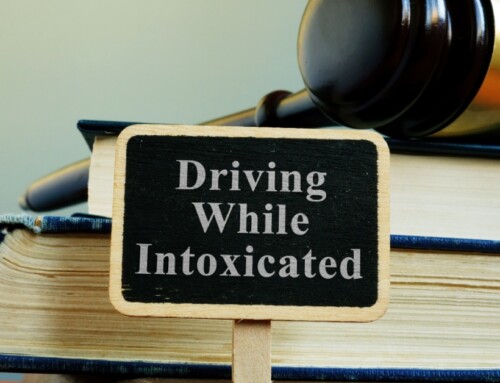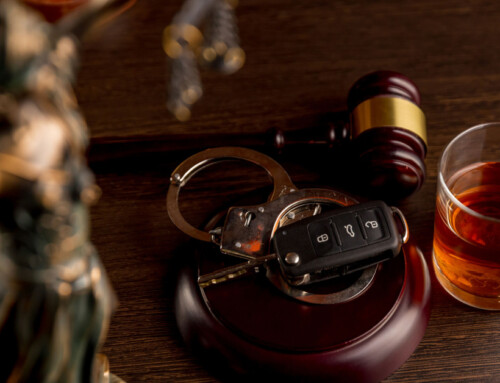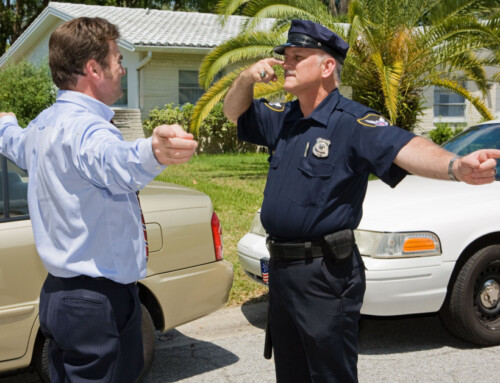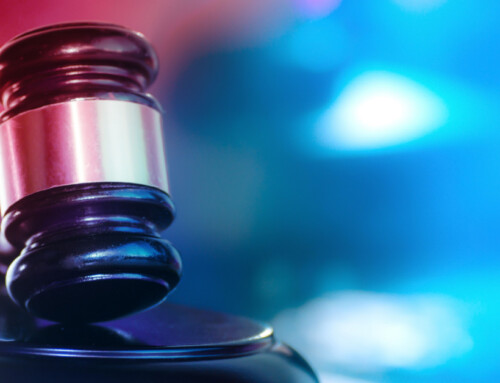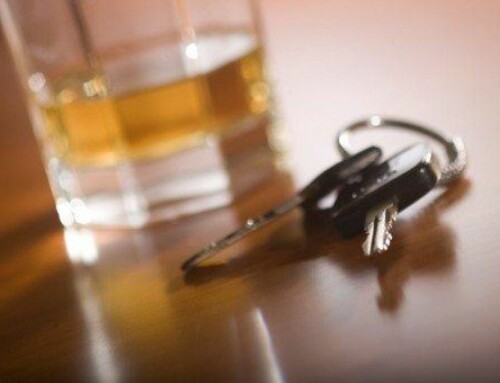While some states have laws that prohibit the police from conducting sobriety checkpoints, South Carolina is not one of these states. Sobriety checkpoints are legal in South Carolina, and police use these checkpoints to stop and arrest suspected drunk drivers in high numbers—especially around holidays and during the summer months.
But, while the police in North Charleston and other municipalities can conduct sobriety checkpoints to catch drunk drivers, they need to follow certain rules. If the police fail to follow these rules, this can provide a defense to driving under the influence (DUI) or driving with an unlawful alcohol concentration (DUAC) charge in some cases.
5 Police Mistakes that Can Violate Your Legal Rights During a Sobriety Checkpoint
Here are five examples of police mistakes that can violate your legal rights during a sobriety checkpoint stop in South Carolina:
1. The Sobriety Checkpoint Wasn’t Adequately Identified
For a sobriety checkpoint to be legal, the police must publicize its date and location in advance. The checkpoint must also be adequately identified with signs, and it must be well-lit if conducted at night.
2. The Police Singled You Out
When conducting a sobriety checkpoint, the police must stop drivers in a predictable pattern. If the police singled you out for any reason, then your stop may have been unlawful.
3. The Police Didn’t Follow All Necessary Procedures
The police must follow various other procedures when conducting sobriety checkpoints as well. If stops take longer than necessary, if the checkpoint causes drivers too much convenience, or if not all officers are in uniform, these are all issues that could potentially render a sobriety checkpoint unlawful in South Carolina.
4. The Police Failed to Read Your Rights
When the police pull you over on suspicion of drunk driving during a sobriety checkpoint, all of your normal legal rights apply. If the police failed to read your rights (either your rights under South Carolina’s implied consent law or your Miranda rights), this could provide a defense in your DUI or DUAC case.
5. The Police Arrested You Without Probable Cause
The same is true if the police arrest you without probable cause. If the police did not have adequate reason to charge you and they charged you anyway, they may have violated your rights under the Fourth Amendment to the U.S. Constitution.
5 Mistakes You Can Make that Can Waive Your Legal Rights
Here are five mistakes you can make during a sobriety checkpoint stop that can result in your legal rights being deemed waived:
1. Saying More than You Have To
If the police stop you during a sobriety checkpoint, you must provide your driver’s license, vehicle registration, and proof of insurance upon request. But, you do not have to provide any additional information. In fact, you don’t have to say anything at all. If you say more than you have to, this could provide the police with everything they need to pull you over and arrest you for DUI.
2. Consenting to a Search of Your Vehicle
When the police pull you over during a sobriety checkpoint, you do not have to consent to search your vehicle. But, if you voluntarily consent to a search, then anything the police find can become evidence in your drunk driving case.
3. Taking the Field Sobriety Tests
Under South Carolina’s implied consent law, you must submit to a breath test if the police pull you over on suspicion of DUI or DUAC. However, you are not required to take the field sobriety tests. Like allowing a search of your vehicle, if you consent to take the field sobriety tests, prosecutors will be able to use your performance on the tests against you.
4. Talking After You Get Arrested
When the police arrest you for DUI or DUAC, they should read your Miranda rights. If they fail to do so, this might mean that anything you say after your arrest is inadmissible in court. But, it isn’t always easy to have evidence kept out of court, and, in any case, exercising your right to remain silent is one of the most important things you can do to protect yourself after a DUI or DUAC arrest.
5. Failing to Request an Attorney
Another of the most important things you can do to protect yourself after a DUI or DUAC arrest is requesting an attorney. You have the right to an attorney under the Sixth Amendment to the U.S. Constitution. If you request an attorney, the police must comply with your request; and, if they fail to do so, this can provide a defense in your DUI or DUAC case.
But, even if you made one (or more) of these mistakes, you could still have defenses available. There are several possible ways to fight a DUI or DUAC charge in South Carolina, and an experienced defense lawyer can examine the facts of your case to determine what defenses you can assert in court.
The Importance of Timing in DUI and DUAC Cases Following Sobriety Checkpoints
In DUI and DUAC cases following sobriety checkpoints, timing can be critical. For example, if a sobriety checkpoint is illegal (or if your stop during a checkpoint is illegal), then all of the evidence the police collect after your stop could be inadmissible. On the other hand, if your stop is lawful, but the arresting officer neglects to read your Miranda rights after your arrest. Some evidence against you may be admissible, but any statements you made after your arrest may be inadmissible.
Determining what evidence prosecutors can (and can’t) use requires a thorough understanding of your legal rights, and the best thing you can do after a DUI or DUAC arrest is to discuss your legal rights with an experienced DUI defense lawyer.
Request a Free Consultation with North Charleston Defense Lawyer Rad S. Deaton
Were you arrested for DUI or DUAC at a sobriety checkpoint? If so, North Charleston DUI lawyer Rad S. Deaton can explain your legal rights and fight your charge in court. For a free and confidential consultation, call 843-225-5723 or contact us online now.

